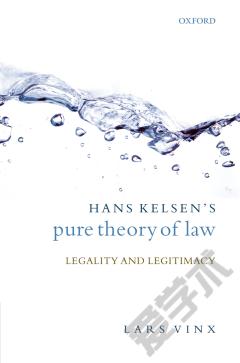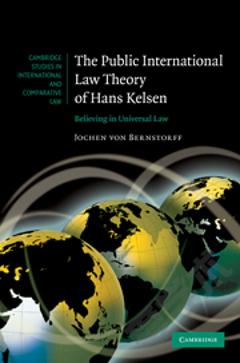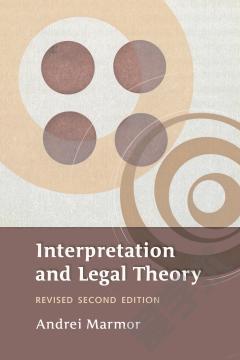Hans Kelsen's Pure Theory of Law —— Legality and Legitimacy
----- Hans Kelsen纯粹法学派:合法性与正确性
1. Introduction Three paradigms of legal positivism Kelsen's legal science Kelsen's legal politics and the identity of law and state Democracy, constitutionalism, and legal peace in Kelsen's utopia of legality 2. The Pure Theory of Law - Science or Political theory? Law and Nature - Subjective and Objective Legal Meaning Kelsen's theory of legal order Kelsen and theoretical anarchism: The pure theory as critique of ideology Conclusions on Law and Nature Law and Morality The pure theory as a theory of legal legitimacy Kelsen and the separation of law and morality Further questions 3. Kelsen's Principles of Legality Legal hierarchy and depersonalization of the state Kelsen's principle of legality I: Nullity Kelsen's principle of legality II: Voidability The sovereignty of law: The doctrine of normative alternatives reconsidered Further questions 4. Kelsen's Theory of Democracy - Reconciliation with Social Order Kelsen on the 'torment of heteronomy' The failure of the argument from deliverance Kelsen's defense of majority rule: The argument from reconciliation Freedom and Compromise: Democracy and constitutional entrenchment Kelsen's relativism 5. Democratic Constitutionalism - Kelsen's Theory of Constitutional Review Kelsen's conception of adjudication: Implications for a theory of review Kelsen on the concept of constitution Constitutional values and judicial role 6. Kelsen's Legal Cosmopolitanism Kelsen and the dogma of sovereignty Kelsen's doctrine of the unity of law - a defence On the viability of legal cosmopolitanism The moral relevance of Kelsen's legal cosmopolitanism VII. Conclusions - The Pure Theory of Law and Contemporary Positivism
{{comment.content}}








 京公网安备 11010802027623号
京公网安备 11010802027623号